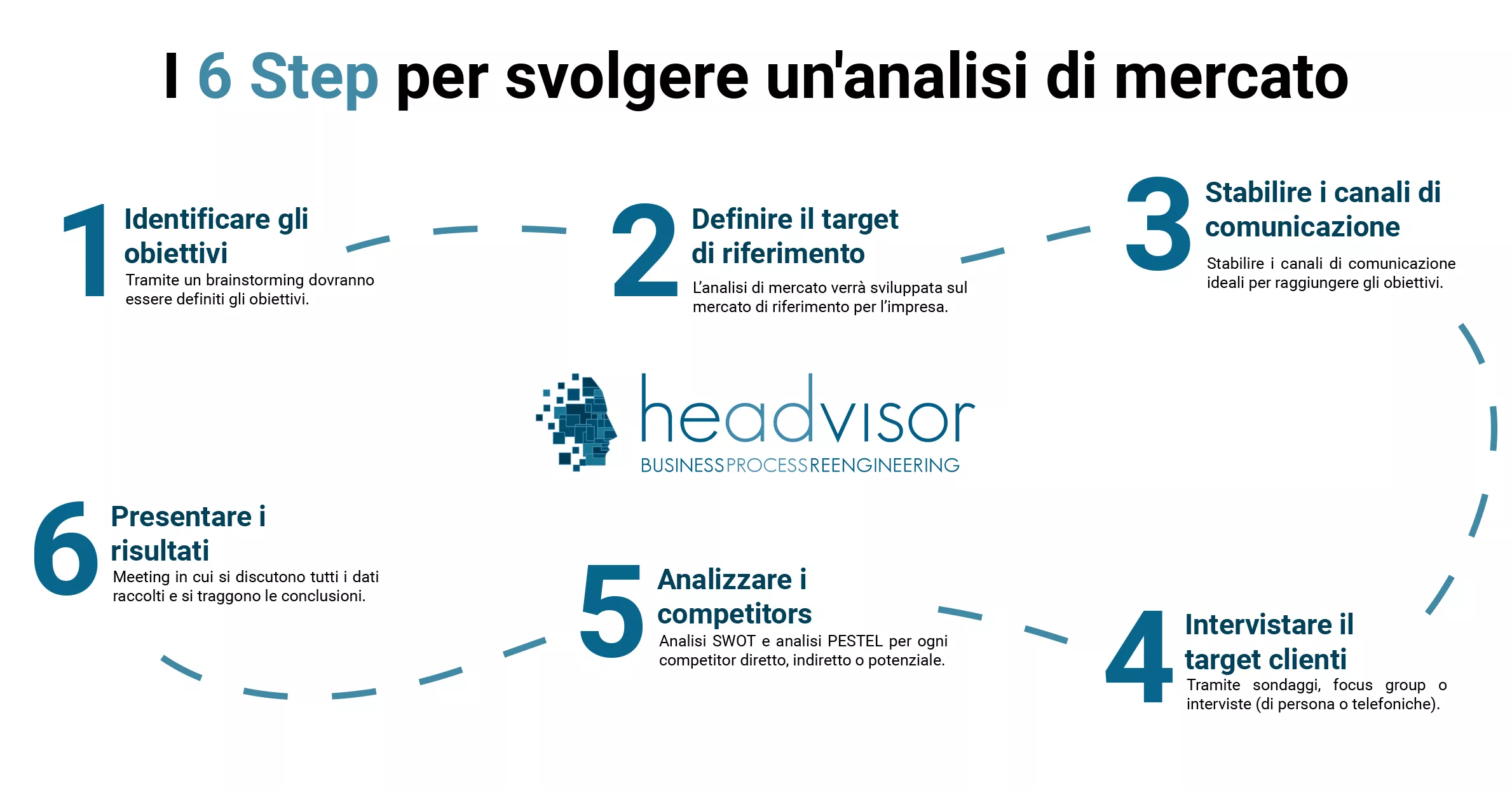The Impact Of Over-the-Counter Birth Control On Reproductive Healthcare Post-Roe V. Wade

Table of Contents
Increased Access and its Potential Benefits
Increased access to over-the-counter birth control could bring significant advantages to reproductive healthcare. These benefits fall into two main categories: improved convenience and affordability, and empowering individuals to make informed choices.
Improved Convenience and Affordability
- Reduced barriers to access for low-income individuals: Many women struggle to afford prescription birth control, leading to inconsistent use or foregoing contraception altogether. OTC birth control could alleviate this financial burden, making it more accessible to low-income populations and those who may not have adequate health insurance.
- Easier access for those in rural areas with limited healthcare providers: Geographic location significantly impacts access to reproductive healthcare. Many rural communities lack sufficient healthcare providers, making regular visits for prescription refills challenging. OTC birth control could eliminate this barrier, ensuring consistent access regardless of location.
- Potential cost savings compared to prescription methods: The cost of prescription birth control, including doctor visits and medication, can be substantial over time. OTC options could potentially offer a more affordable alternative, improving adherence and overall reproductive health outcomes. This is particularly important when considering the overall cost of unintended pregnancies.
The financial burden of prescription birth control is a significant barrier for many. The cost of regular appointments, coupled with the price of the medication itself, can place undue strain on individuals and families. Making birth control readily available OTC could significantly reduce these costs, promoting better access and consistent use, ultimately contributing to lower rates of unintended pregnancies. The impact on geographically isolated communities should also not be underestimated. Long distances to healthcare facilities often prevent timely access to essential reproductive healthcare services. OTC birth control would increase convenience and potentially lead to more consistent contraceptive use in these underserved communities.
Empowering Individuals to Make Informed Choices
- Increased autonomy over reproductive health decisions: Access to OTC birth control empowers individuals to take control of their reproductive health. This autonomy is a crucial element of reproductive rights and allows for greater personal agency in decision-making.
- Potential for reduced unintended pregnancies: Improved access to birth control is directly linked to a reduction in unintended pregnancies. Easy access ensures consistent use, leading to better family planning and reducing the associated health and social consequences.
- Improved knowledge about various contraceptive options: The availability of OTC birth control encourages exploration of different options and empowers individuals to choose the method best suited to their needs and lifestyles. This increased knowledge and choice are central to effective family planning.
Providing access to OTC birth control is about more than just convenience; it’s about empowering individuals to make informed decisions about their bodies and futures. Contraceptive autonomy is a cornerstone of reproductive rights, and OTC access allows women and other individuals to take control of their reproductive health. Increased knowledge and choice are paramount, allowing individuals to select methods that best suit their specific needs and preferences. This directly contributes to better family planning and a reduction in unintended pregnancies.
Potential Drawbacks and Concerns
While increased access to OTC birth control offers potential benefits, several concerns require careful consideration.
Misinformation and Improper Use
- Risk of incorrect dosage or method use: Without professional guidance, individuals may use OTC birth control incorrectly, reducing its effectiveness and potentially leading to unintended pregnancies or health complications.
- Potential for increased reliance on less effective methods: The availability of OTC methods might lead some to choose less effective options without understanding the implications.
- Challenges in addressing complex health conditions before initiating contraception: Certain health conditions might necessitate specific contraceptive choices or require monitoring by healthcare professionals. OTC access without prior consultation could pose risks in such cases.
Comprehensive sex education and easily accessible, reliable information are critical to mitigate the risks of misinformation and improper use. Clear and easily understandable instructions on OTC birth control packaging are essential. The importance of seeking professional guidance when necessary cannot be overstated. Public health campaigns focusing on responsible contraceptive use must accompany increased OTC access to ensure safe and effective usage.
Health Disparities and Equity Concerns
- Potential for exacerbating existing health disparities: OTC access might not automatically address existing health inequalities. Marginalized communities may still face barriers to information and resources, leading to unequal outcomes.
- Unequal access to information and resources across different demographics: Disparities in access to accurate information and supportive resources could mean some populations benefit more from OTC access than others, widening existing health gaps.
- Challenges in ensuring equitable access for marginalized communities: Targeted outreach and educational programs are crucial to ensure that the benefits of OTC birth control reach all communities fairly, addressing systemic inequalities in access to healthcare.
The transition to OTC birth control must not exacerbate existing health disparities. Efforts should be made to ensure equitable access to information and resources for all demographics, especially marginalized communities who often experience significant barriers to healthcare. Targeted programs and community outreach are essential to address these inequalities and ensure that the benefits of OTC birth control are available to everyone.
The Role of Healthcare Professionals
- Importance of ongoing medical consultation: While OTC access offers convenience, regular medical check-ups and consultations remain crucial for managing potential side effects and ensuring appropriate contraceptive choices.
- Potential shift in the role of healthcare providers: Healthcare providers' roles may shift towards providing guidance, counseling, and managing complications rather than solely dispensing prescriptions.
- Need for accessible resources for addressing complications or side effects: Reliable and accessible resources for addressing potential side effects or complications from OTC birth control are essential for ensuring patient safety.
The availability of telehealth services could play a crucial role in supporting individuals using OTC birth control. Telehealth allows for convenient consultations, addressing concerns, and providing necessary guidance, filling the gap created by limited in-person access to healthcare. Healthcare professionals must adapt to this changing landscape, providing accessible and reliable resources for support and guidance.
Conclusion
The shift towards over-the-counter birth control post-Roe v. Wade presents both opportunities and challenges for reproductive healthcare. While increased accessibility could improve convenience and affordability, and empower individual choice, concerns about misinformation, improper use, and health disparities must be addressed proactively. A balanced approach that emphasizes accessible education, reliable information, and ongoing healthcare support is crucial to ensure that OTC birth control benefits all individuals and communities. Keywords: over-the-counter birth control access, reproductive health equity, post-Roe healthcare
Further research and policy discussions are needed to navigate the complexities of over-the-counter birth control and to ensure equitable access to comprehensive reproductive healthcare for all. Let's work together to build a future where everyone has access to safe and effective over-the-counter birth control options.

Featured Posts
-
 Borsa Analisi Del Mercato Europeo E Performance Di Piazza Affari
May 25, 2025
Borsa Analisi Del Mercato Europeo E Performance Di Piazza Affari
May 25, 2025 -
 Is Kyle Walker Peters Heading To Elland Road Leeds Make Contact
May 25, 2025
Is Kyle Walker Peters Heading To Elland Road Leeds Make Contact
May 25, 2025 -
 Woody Allen Sexual Assault Allegations Sean Penns Perspective
May 25, 2025
Woody Allen Sexual Assault Allegations Sean Penns Perspective
May 25, 2025 -
 Your Guide To Bbc Radio 1 Big Weekend Tickets
May 25, 2025
Your Guide To Bbc Radio 1 Big Weekend Tickets
May 25, 2025 -
 The Short Lived Black Lives Matter Plaza A Case Study In Public Art And Politics
May 25, 2025
The Short Lived Black Lives Matter Plaza A Case Study In Public Art And Politics
May 25, 2025
Latest Posts
-
 Urgent Coastal Flood Advisory In Effect For Southeast Pa Wednesday
May 25, 2025
Urgent Coastal Flood Advisory In Effect For Southeast Pa Wednesday
May 25, 2025 -
 Potential Canada Post Strike Customer Exodus
May 25, 2025
Potential Canada Post Strike Customer Exodus
May 25, 2025 -
 The Gregor Robertson Housing Strategy Balancing Affordability And Market Stability
May 25, 2025
The Gregor Robertson Housing Strategy Balancing Affordability And Market Stability
May 25, 2025 -
 Canada Post Strike Threat Impact On Customer Base
May 25, 2025
Canada Post Strike Threat Impact On Customer Base
May 25, 2025 -
 Southeast Pa Coastal Flood Advisory Issued For Wednesday
May 25, 2025
Southeast Pa Coastal Flood Advisory Issued For Wednesday
May 25, 2025
